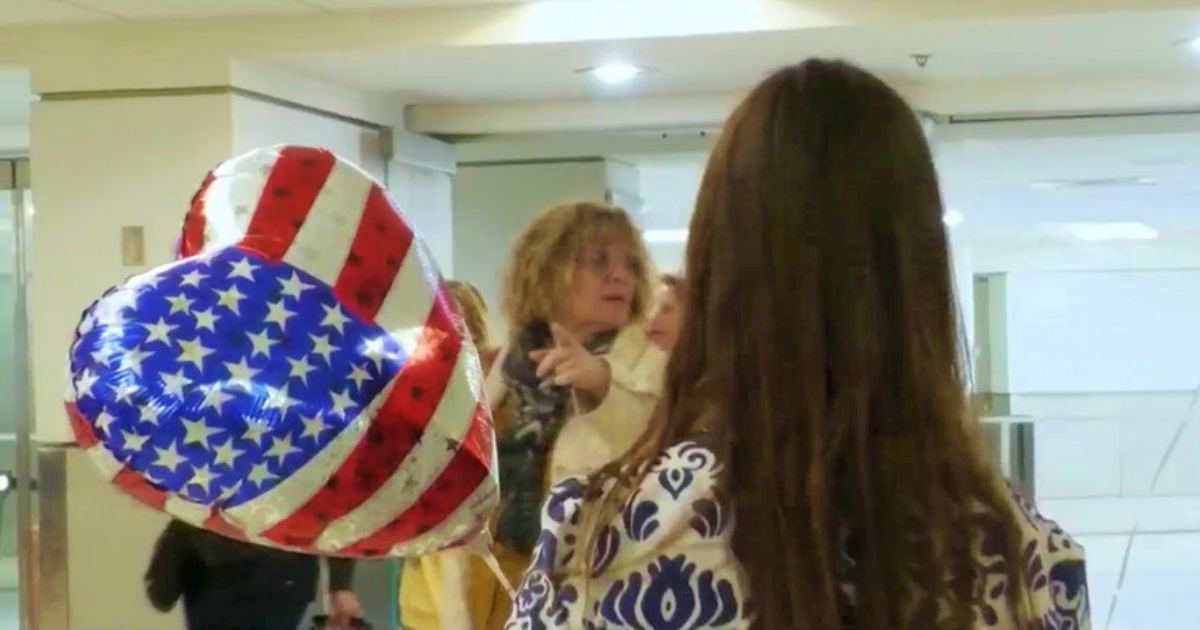
The recent decision by the Joe Biden administration to temporarily suspend the issuance of travel permits for beneficiaries of humanitarian parole has raised concerns and uncertainty among the potential affected individuals.
The most affected will be those individuals whose applications are being reviewed or who have already received preliminary approval for humanitarian parole.
According to the report from the Department of Homeland Security (DHS), many of these individuals could have their permits revoked or face long delays in the process due to the need to reexamine the authenticity of their applications.
This could have a significant impact on Cuban, Haitian, Nicaraguan, and Venezuelan citizens seeking a safe way to enter the United States, especially those who have relied on the goodwill of their sponsors in the United States.
This measure comes after the detection of "significant fraud" in the CHNV program (Cuba-Haiti-Nicaragua-Venezuela), which allows citizens of these countries to obtain permits to enter the United States under special conditions.
The DHS has revealed that the suspension is motivated by the findings of an internal investigation by the United States Citizenship and Immigration Services (USCIS), which uncovered a series of irregularities and fraud in the application process for these permits.
The results of the research, obtained by the Federation for American Immigration Reform (FAIR), show an alarming picture of massive frauds affecting both applicants and the system as a whole.
Among the main issues identified are the use of false Social Security numbers (SSN), many of which belong to deceased individuals, and the use of false or repeated email addresses and phone numbers in multiple applications.
Additionally, the report highlights that some physical addresses were used in thousands of different forms, indicating the possible existence of organized fraud networks.
Sponsors are also under scrutiny. The report reveals that some of them submitted multiple fraudulent applications, which could lead to legal sanctions and the suspension of their ability to act as guarantors in the future.
This situation raises serious doubts about the effectiveness of the controls implemented by USCIS and the possibility that other immigration programs may also be compromised.
In summary, the temporary suspension of humanitarian parole reflects a crisis of confidence in a system that, according to the DHS, has been significantly exploited.
The legitimate beneficiaries and sponsors could be severely affected, while the government faces the challenge of restoring the integrity of this vital program for thousands of people.
What do you think?
COMMENTFiled under: